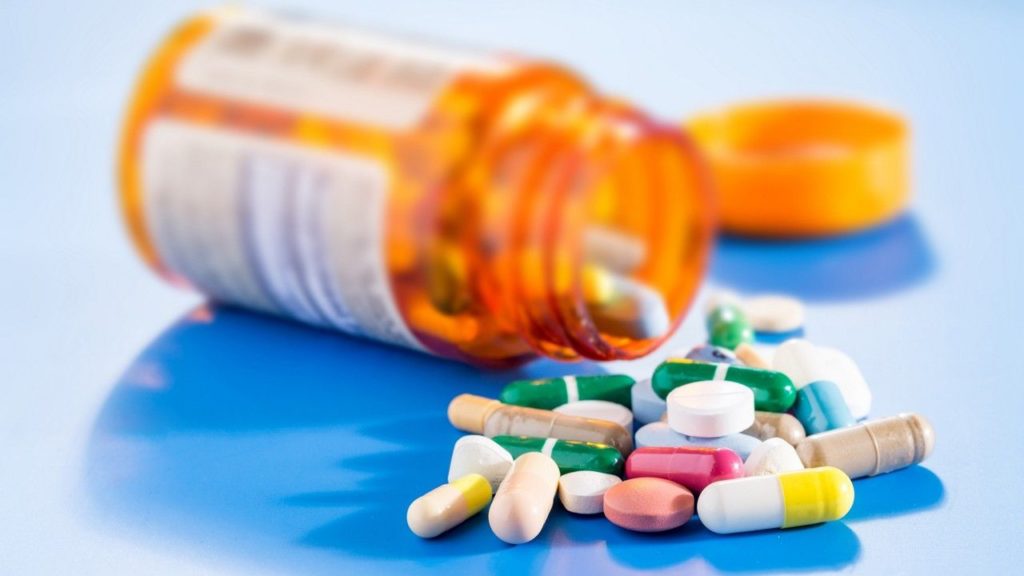
The first ever report on drug use in Nigeria that was recently released revealed that there are more people who abuse drugs in South-west Nigeria than in other parts of the country.
The report also revealed that Lagos, Gombe and Oyo states have the highest rates of drug abuse in the country.
This report was based on data from a national Survey on Drug Use and Health conducted by the United Nations Office on Drugs and Crime (UNODC) in collaboration with the National Bureau of Statistics and funded by the European Union.
The report, which had 38,850 respondents in the household survey and interviewed 9,344 high risk drug users across all states of the country, provides for the first time, robust data on the prevalence of drug use in Nigeria.
According to the report, about 14.3 million abuse drugs by using them without prescription, and there are close to 3 Million Nigerians living with some level of drug dependence.
The level of drug abuse in Nigeria, about 1 in 10 persons abused drugs in the past year, is more than twice the world’s average.
Cannabis was the most abused drug in Nigeria and that corresponds to global findings as well. Other drugs that were found to be abused in the country included opioids such as tramadol, cough syrups and other street drugs.
Also important to note is that one in every four drug abuser is a woman.
Experts believed that when combined with the rates of unemployment and the proportion of kids out of school, the prevalence of drug abuse is a ticking time bomb except urgent steps are taken.
Its impact becomes more insidious because curative and rehabilitative services for drug use are not widely available in the country.
Representatives from the Federal Ministry of Health however noted that giant strides have been taken in the previous year towards the control of drug use such as the creation of the Drug Demand Reduction Unit under the Department of Food and Drugs Services that was equipped by European Union Funded project (Response to Drugs and Related Organized Crime).
The health ministry added it has also upgraded 11 hospitals to Model Drug Treatment Centres across the 6 Geo- Political zones of the country with the support of the EU and the UNODC.
Over 1200 Healthcare Practitioners are reported to have been trained across the country on the provision of evidence-based drug treatment services between 2015 and 2018.
The report revealed important areas to take note for a multipronged drug control strategy. According to the document, efforts to address drug abuse must include women as targets of behavioural change communication messages, collaboration among strategic agencies (Nigeria Custom Services, National Drug Law Enforcement Agency and NAFDAC) is key, and control will be ineffective if the battle is not also taken from the federal to the local government levels.
It added that all preventive efforts must be complemented with the provision of more rehabilitation centers and workers to assist those that are addicted to controlled drugs.